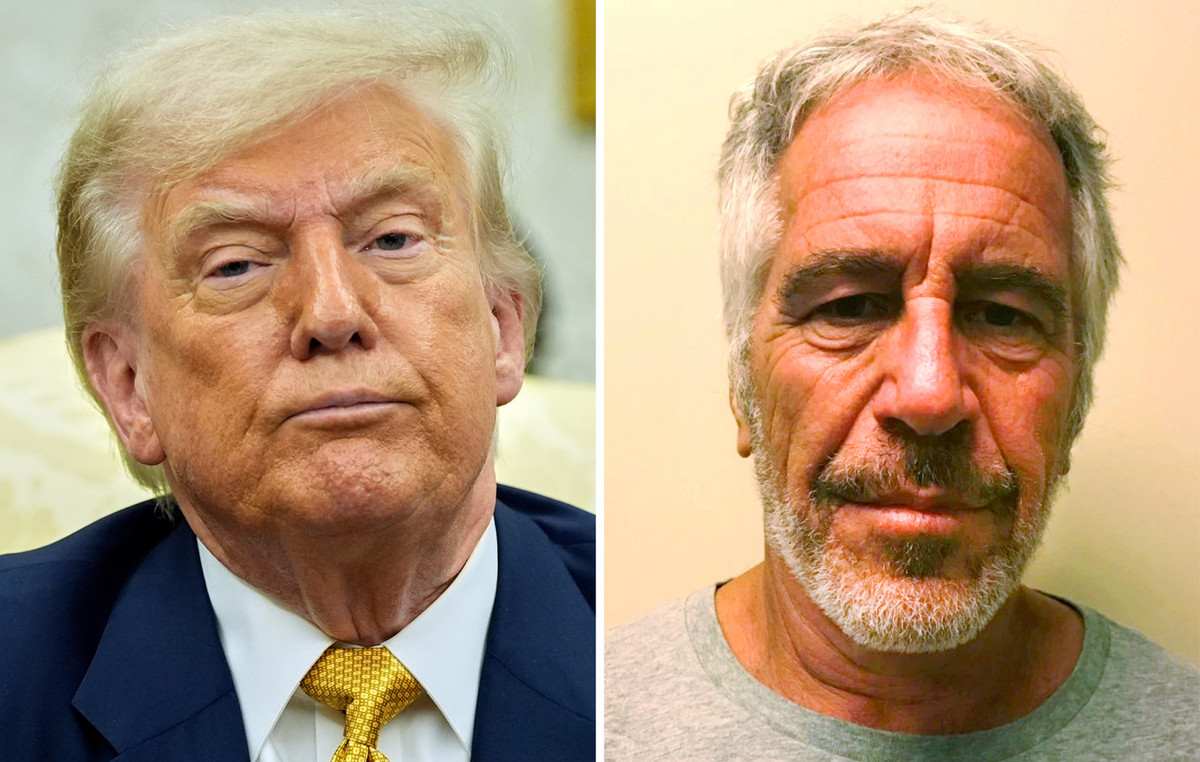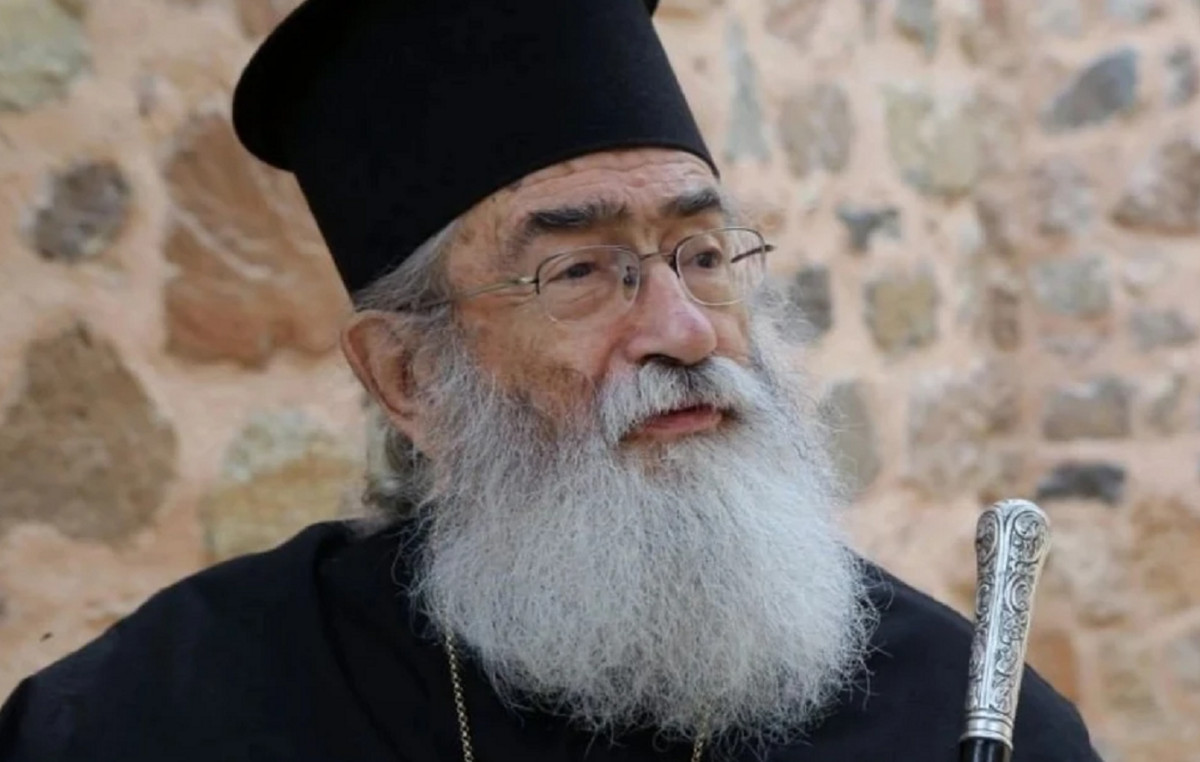Two years ago, the terrible first wave of the Covid-19 pandemic hit the US with unprecedented intensity. The depth of the terror can be difficult to remember and, thanks to advances in diagnosis, treatment and vaccination, it is unlikely to recur.
For scientists, however, it is crucial to revisit the dark times and rethink what happened by examining the nearly infinite data collected to try to better understand both the immediate and long-term effects that disease has on the body.
For example, an important part of the data came from autopsy reports that demonstrated how the virus affects various organs in the body.
As many deaths were due to respiratory failure, many medical colleagues I spoke to expected to find progressive pneumonia with lung destruction as the cause. However, researchers have discovered something entirely different: blood clots in the lungs (also called pulmonary embolism). In addition, they found countless additional smaller clots in many other organs. In time: experts distinguish between clot and thrombus and embolism, but for simplicity, let’s call them all clots.
The results are special at the moment, after an important article was published in the journal “Nature Medicine”. Researchers used the U.S. Department of Veterans’ (VA) vast databases to examine more than 150,000 people who survived Covid-19 infections and compared them to millions of people in the VA’s database for age, sex, and others. similar characteristics, but which have not developed Covid-19.
Importantly, they looked at overall health not just in the immediate aftermath of the infection, but a full year after Covid-19. The researchers estimated the “post-Covid Year” time frame among those who were not effectively infected. The investigators included Covid-19 survivors who were never hospitalized (131,612 people) as well as those who recovered after staying in the intensive care unit (5,388 people) or hospital ward (16,760 people).
The results are clear and very significant: compared to similar people who had not been infected with SARS-COV-2, those who recovered from the infection had many more blood clots, heart problems and stroke episodes. The extent of the differences between the 20 different cardiovascular diseases is among the largest of any clinical study I have read. It’s impressive.
The study is telling us something we don’t want to hear, but it’s critical for many reasons. First, the data will help those trying to understand the long Covid. Second, it can directly help prevention and treatment decisions for people with active Covid-19, as well as those who have survived the disease. Finally, it will likely contribute to a better understanding of the very complicated dance of clotting and anti-clotting that goes on every day in each of our bodies.
The VA study has important limitations. Involves infected people in 2020 who lived at least one year after infection; these people likely had the initial “wild” strain of SARS-COV-2 or perhaps the Alpha variant, which dominated in late 2020. Not enough time has passed to know whether similar long-term dysfunctions of blood vessels and the heart will also occur. among survivors of Delta or Omicron variant infections. Furthermore, the study cannot predict the health impacts of Covid-19 two, three and ten years after recovery.
In fact, this last question may be the most pressing. No one knows how long the cardiovascular abnormalities will persist or if they will fully resolve. Advising the huge group of those recovering from Covid-19 who may have frequent health problems is complicated. Should everyone go to the cardiologist? To a blood clotting specialist? Will the long-term management of Covid-19 be a new subspecialty similar to the emergence of the most intense times of AIDS?
It’s completely uncertain what comes next, but the fact that nearly 80 million Americans have been infected makes a cohesive plan for their health care a necessity. Specialists will develop basic guidelines to help patients know the best way forward. However, again compared to the field of AIDS medicine, a lot will be done by trial and error, as some people will be monitored intensively and others will not. Over time, a new and simple sensitive “if this, then what?” approach will likely emerge.
This kind of information can be powerful in convincing people not yet willing to receive the Covid-19 vaccine or booster shot, providing simple and horrible truths about post-illness.
So far, hesitant people have not been swayed by facts and figures. The new source of facts, however, may be different (there is always hope, after all). Underestimating the pandemic and so many deaths were terribly tragic actions. However, for patients and families who have managed to stay Covid-free in the past two years, the fear of the disease and the urgent desire to protect themselves may have been diluted by time and the widely reported relatively mild symptoms of the latter variant.
But now, with a heightened risk of heart disease, stroke, and blood clots as a possible long-term effect of Covid-19 (conditions that can be chronic and slowly debilitating) perhaps VA researchers will do something nearly a million American deaths have failed: frightening a wide range of two anti-vaccinations enough to make them roll up their sleeves.
Source: CNN Brasil







